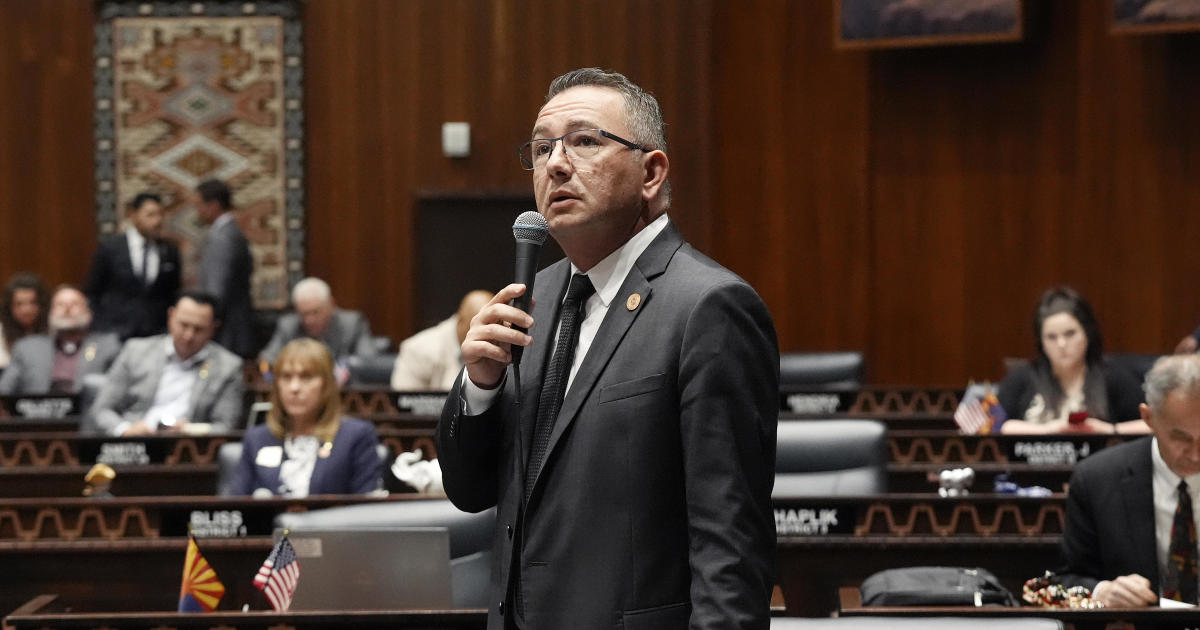Federal court rules South Carolina abortion law can go into effect
A federal court ruled Monday that South Carolina's abortion law can go into effect, following the Supreme Court's Friday decision to overturn Roe v. Wade. The law, which restricts abortions starting around 6 weeks of pregnancy, will take effect immediately.
South Carolina has a Republican governor, and its General Assembly is dominated by the GOP. However, the party doesn't quite have the two-thirds majority in either chamber needed to overcome procedural hurdles or a veto if a Democrat wins the 2022 gubernatorial election.
In 2021, South Carolina passed the "Fetal Heartbeat and Protection from Abortion Act," which requires doctors to use an ultrasound to try to detect a fetal heartbeat if they think a pregnant woman is at least eight weeks along. If they find a heartbeat, they can only perform an abortion if the woman's life is in danger, or if the pregnancy is the result of rape or incest.
When Roe was overturned, the South Carolina attorney's general office immediately moved to have that injunction lifted. A judge's ruling Monday means the law will take effect immediately.
The South Carolina General Assembly's regular session ended in May, but Republican leaders agreed they could return for a special session to take up more restrictive abortion bills if the U.S. Supreme Court overturned Roe v. Wade. Some Republicans in the Legislature have opposed a complete abortion ban, especially without exceptions for victims of rape and incest.
Around the country, challenges to other trigger laws could be made on the grounds that the conditions to impose the bans have not been met, or that it was improper for a past legislature to bind the current one.
Laura Herner, a professor at Mitchell Hamline School of Law in St. Paul, Minnesota, said other challenges might call into question whether state laws sufficiently and clearly allow for exceptions to protect the life or health of a pregnant woman.
Now that the high court has ruled that the U.S. Constitution does not guarantee the right to an abortion, abortion rights supporters will make the case that their state constitutions protect such a right.



